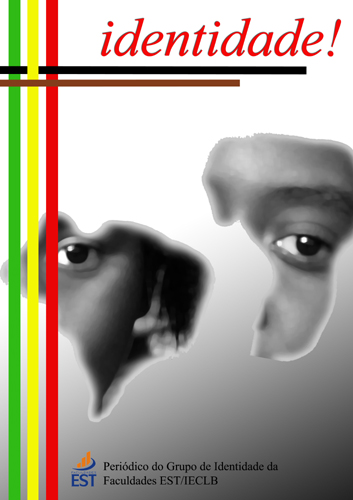Quilombola women and education
Keywords:
Education, Quilombola women, WorkAbstract
The Programa de Extensão “Formação Docente e Políticas Educacionais para Quilombos: Continuidades e Perspectivas”, of the Universidade Federal de Pelotas, was developed in the municipalities of Canguçu, Piratini, São Lourenço and Pelotas and it aims to map the school education situation on its marrons. In this direction, one of the emerging aspects is the marron women situation that, mostly, did not exceed the anos iniciais scooling and, many of them, never entered in the scool for different reasons, among them, an struggle for survival that remit them to intensive forms of work, inside and outside the community. However, in this complex relationship with work, almost always relationed to agriculture and devoid of rights, women are protagonists in peculiar ways of articulating the material survival to the cultural dimensions of their ethnic grouping which produces breaches of cycles of inferiority and domination under the dimension of gender/ethnicity. The struggle by school access, to early childhood education, has been a historical claim, especially from black women, whose insertion in housework is majority; their insertion in the fight, also, is most often with children from an early age go with them and being politicized as generations that will changing the course of history.
Downloads
Published
How to Cite
Issue
Section
License

This work is licensed under a Creative Commons Attribution-NonCommercial-NoDerivatives 4.0 International License.


